DEIED -Prathomik Sikshak Sikshane SISHU SIKSHA (DEIED Part-1)(Bengali Version) || প্রথমিক শিক্ষাক শিক্ষনে শিশু শিক্ষা || Rita Publications || Author : Dr.Debasish Paul
DESCRIPTION
Syllabus:
Unit-1: Perspectives in Development
- Introduction to perspectives in development — Concept of development (meaning, principles and objectives).
- Development as multidimensional and plural
- Development through the life span (stages)
- Developmental ways as continuous and discontinuous.
- Childhood as modern construct (knowledge- creator) in the context of poverty, globalization and modern culture
- Commonalities and diversities within the notion of childhood with reference to Indian context
Unit-2: Physical-Motor Development
- Growth and Maturation
- Gross and fine motor development skills in infancy, pre-school children and elementary children
- Role of parents and teachers in providing opportunities for physical-motor development, for example, play.
Unit-3: Social Development
- Concept of socialization: Family environment, Parent-child relationships, Child rearing practices
- Separation of parents : Children in creches, orphanages etc.
- Schooling: peer influences, Teacher-child relationships, out of school experiences
- Development of children through socialization process
- Personality development— Freudian stages of development
- Psycho-social development— stages as proposed by Erikson
- Social theories and Gender development-meaning of gender roles, influences of gender roles, stereotypes and gender in playground
Unit-4: Self and Moral development
- A sense of self : Self-description, self-concept, self-esteem, social comparison, internalization and self-control
- Moral development : perspectives of Lawrence Kohlberg
Unit-5: Emotional Development
- Development of emotions and ability to regulate them (Love, affection, fear, anger, jealousy etc.)
- Development of emotions at different stages (pre-school, late childhood and pubertal stages)
- Development of emotions as continuous and discontinuous
Unit-6: Learning
- Learning : Concept of learning (meaning, principles and objectives) basic theories of learning
- Learning : ideas of behaviorism
- Basic architecture of the mind (working memory, long term memory, attention, encoding and retrieval)
Unit-7: Cognition
- Constructivism: introduction to the concept, Piaget’s theory: what is learning, structures and processes of cognitive development, children’s thinking, and implications for teaching learning.
- Vygotsky’s theory—introduction, the general genetic law, concept of zone of proximal development tools and symbols in development, implications for teaching.
- Individual and socio-cultural differences in cognition understanding learning difficulties, terms of exclusion and inclusion and impact.
Unit-8: Play
- Meaning of Play: Characteristics, kinds and types of Play
- Functions of Play: Linkages with the physical, social, emotional, language, cognitive and motor development of children
- Cross Cultural & Socio-Economic differences in children’s play
- Games and group dynamics, rules of games and how children learn to negotiate differences and resolve conflict.
Unit-9: Language
- Perspectives in Language development (with reference to how children acquire language at early age) : Skinner, Social Learning Theory of Bandura and Walters
- The use of Language : Turn taking, interaction, conversations and listening
- Bilingual or Multilingual children: Implications for teachers, multilingual classrooms, storytelling as a pedagogic tool
Unit-10: Communication
- How do children communicate?
- Socio-cultural variations in Language: Accents, difference in communication for a multilingual classroom.
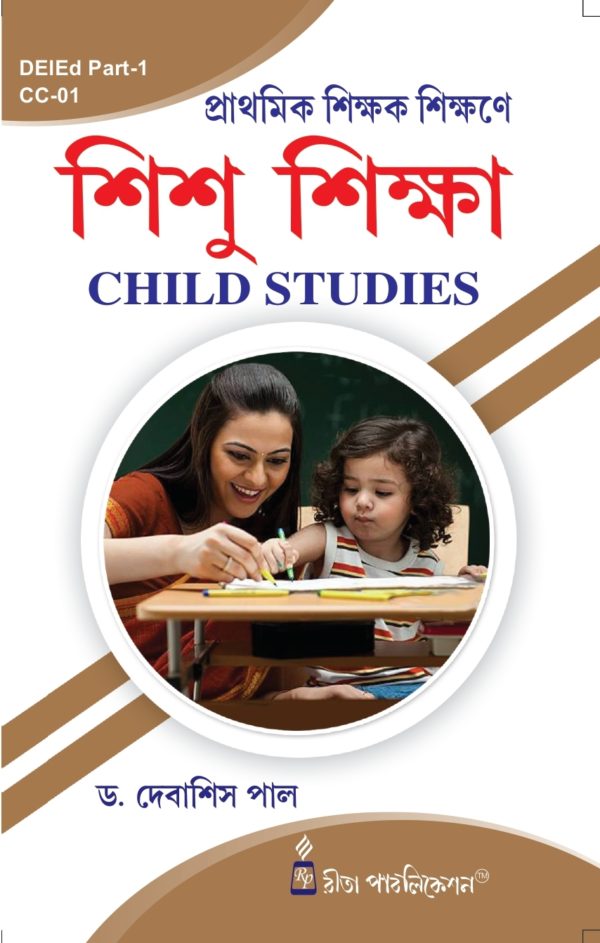
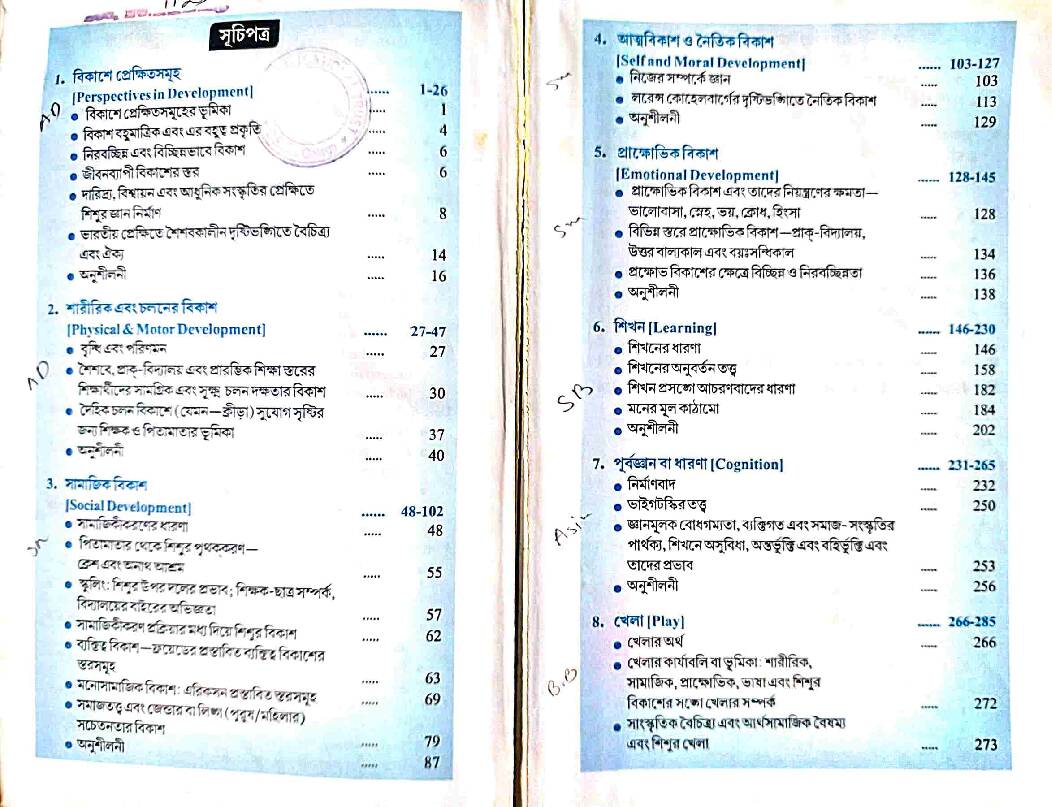
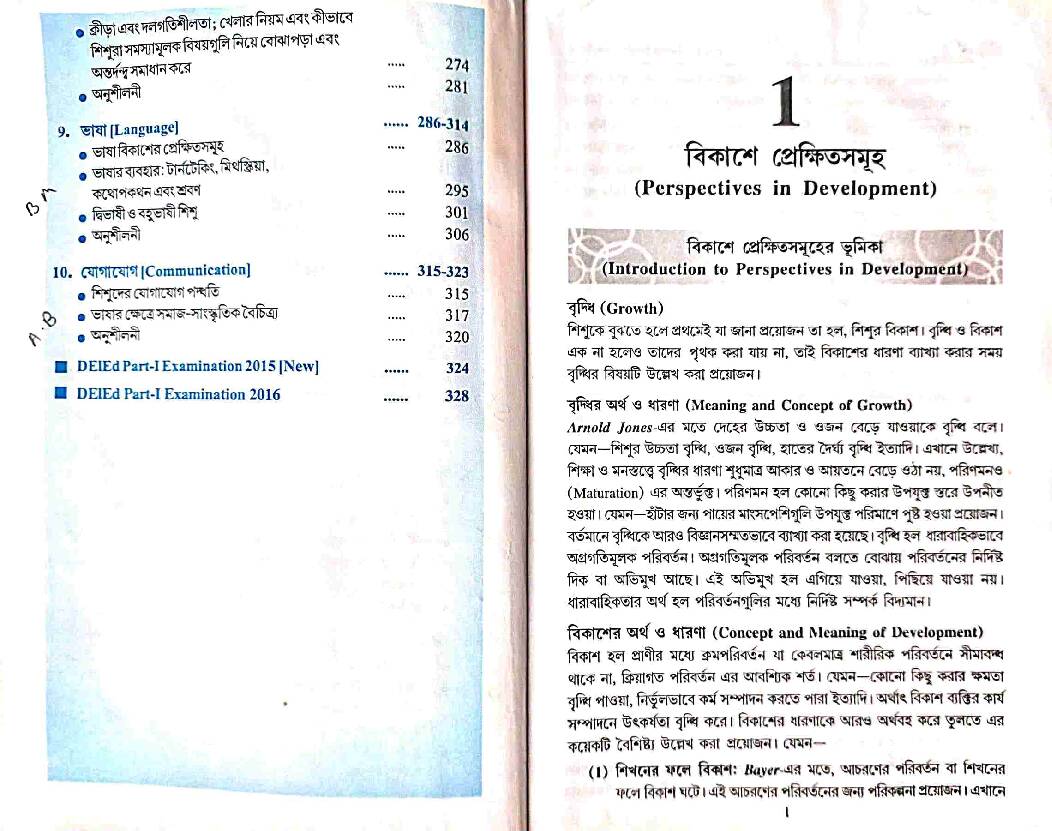
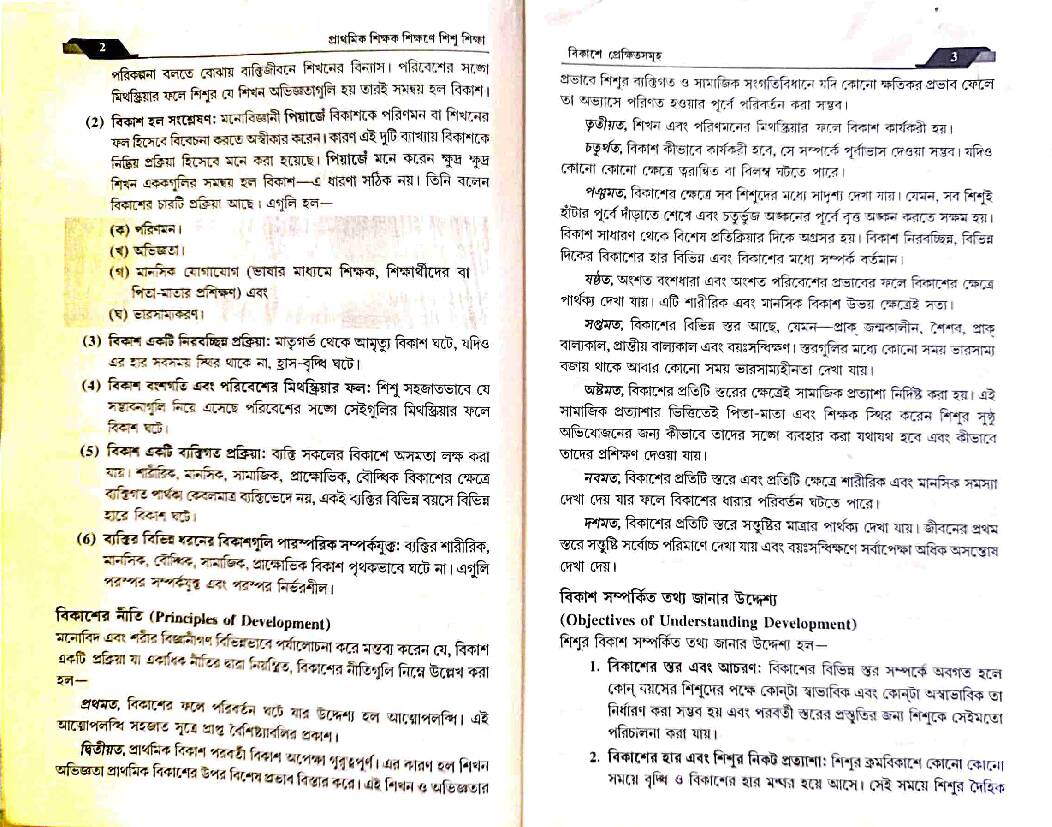
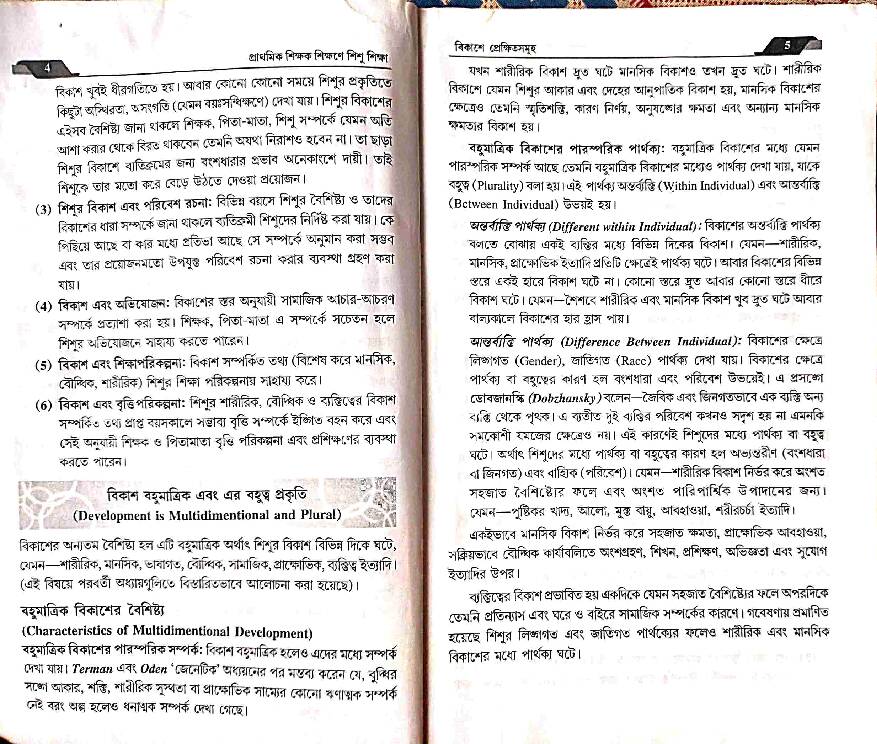
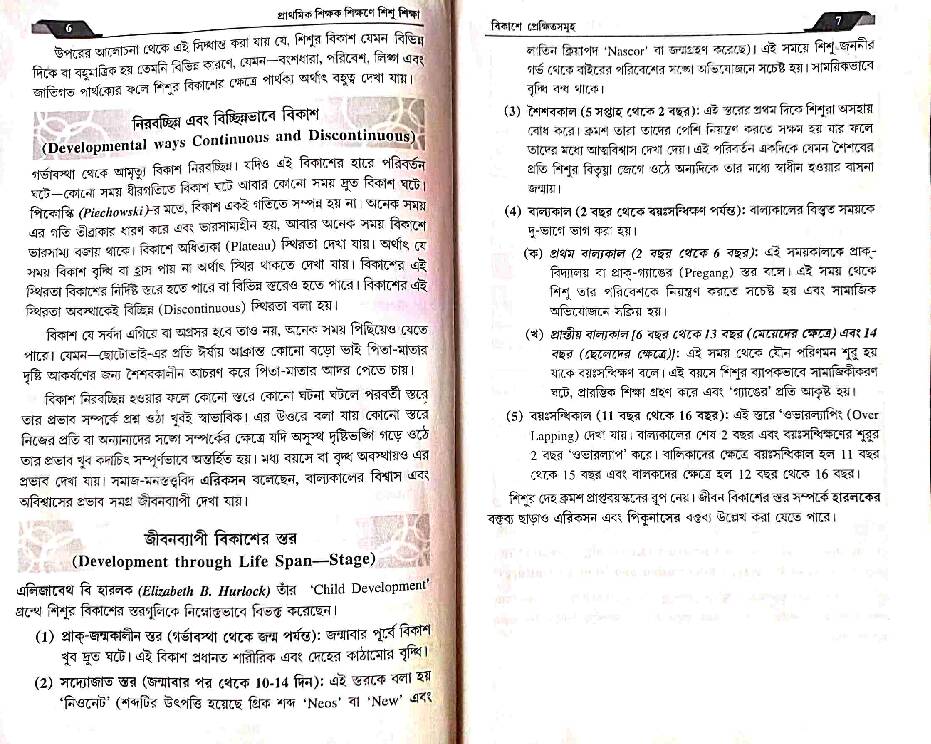
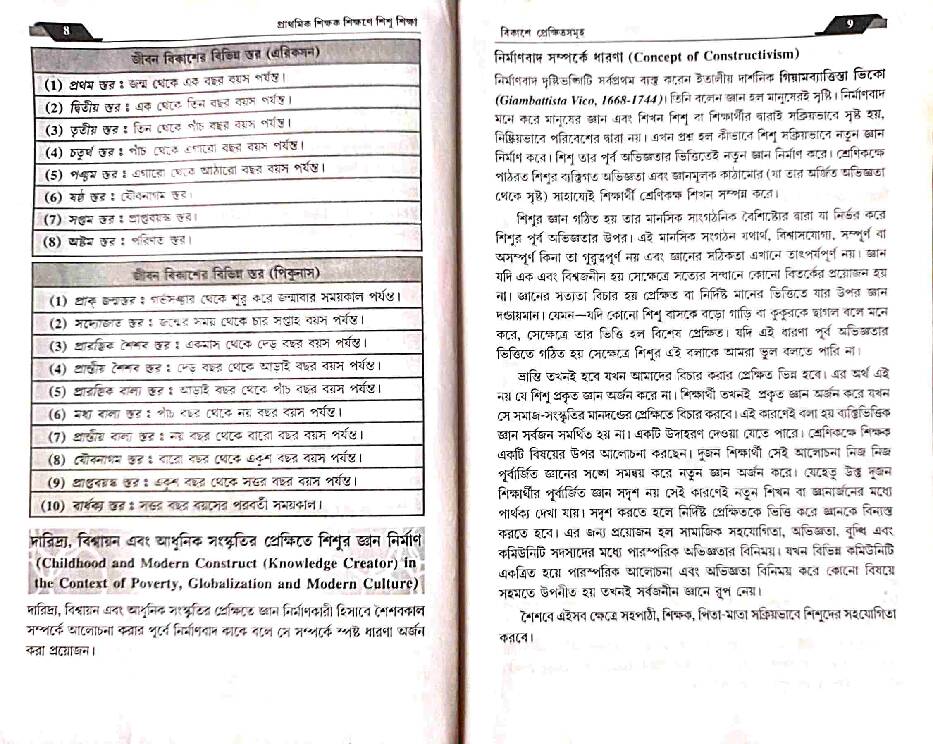
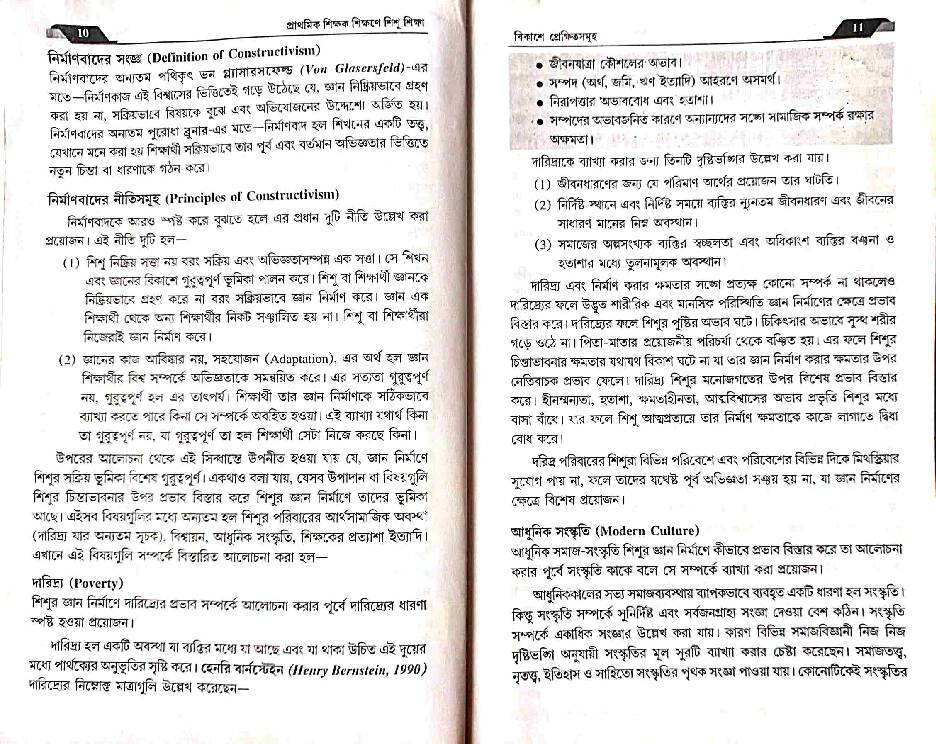

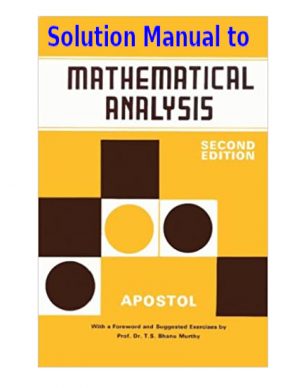
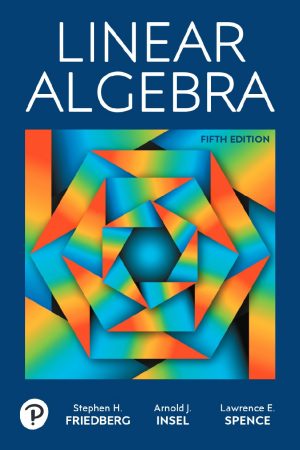
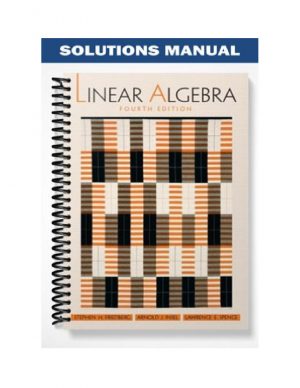
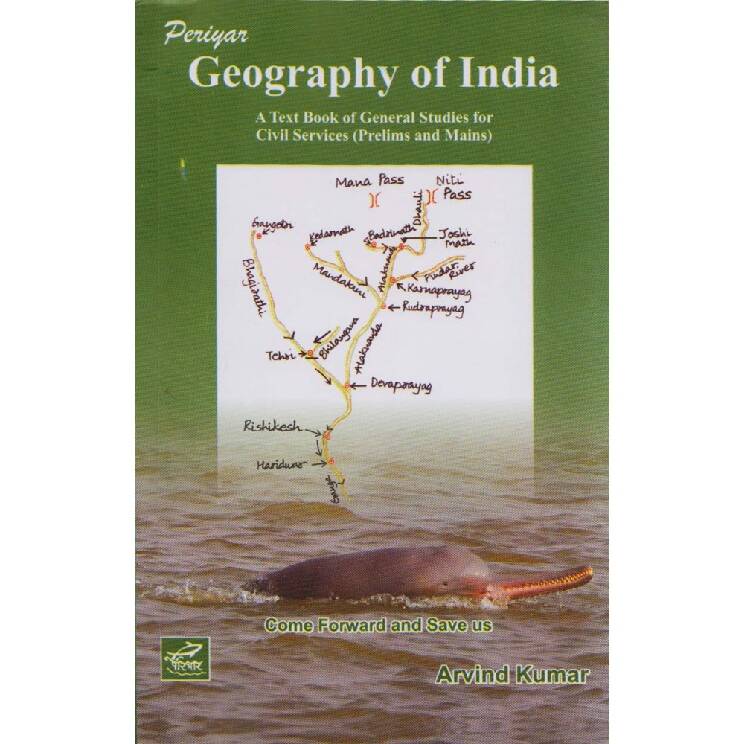



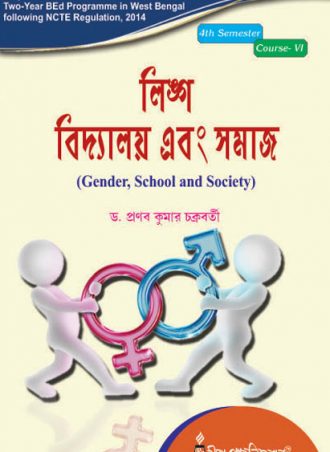
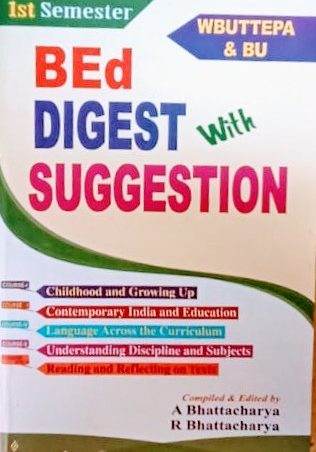

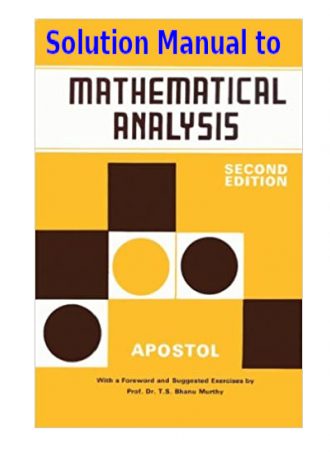
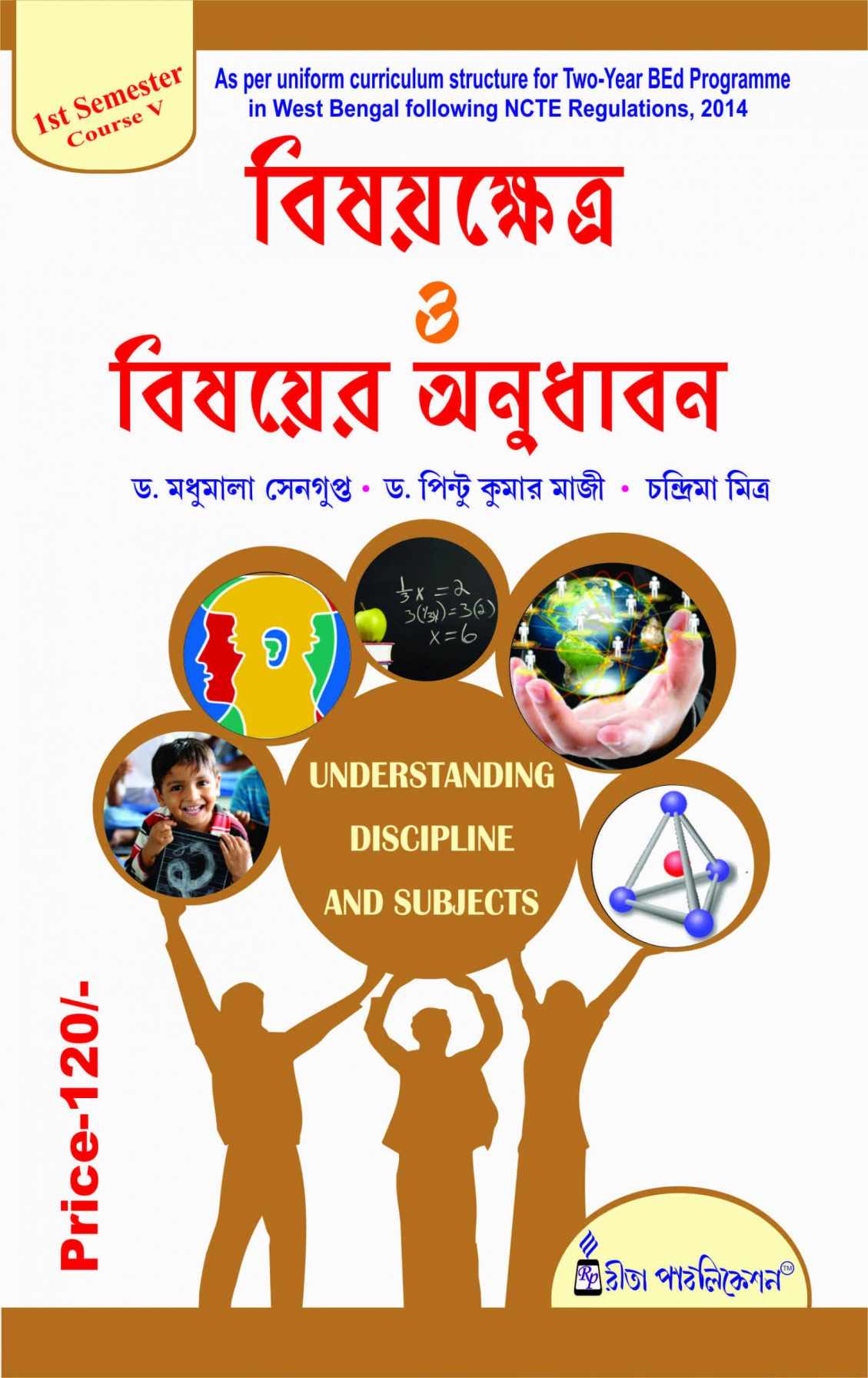
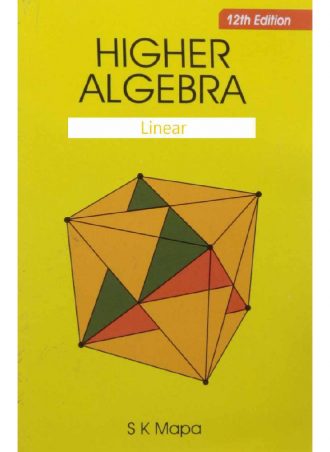
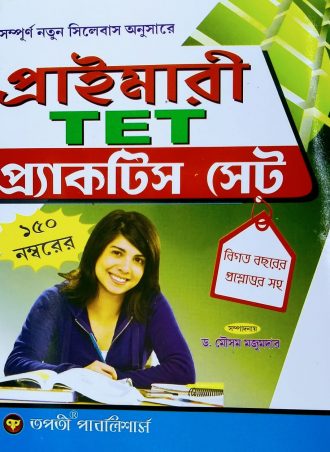
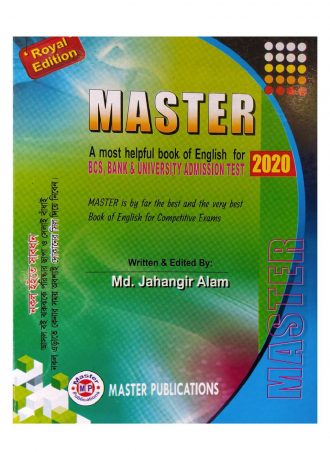
Reviews
There are no reviews yet.